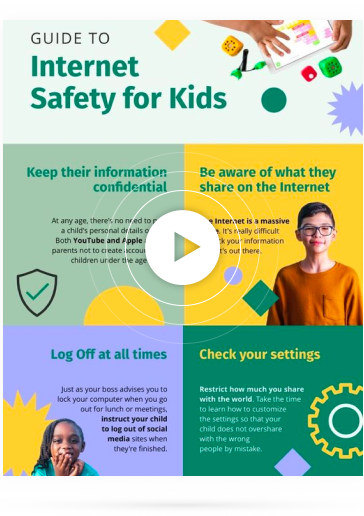
Psychiatry and Hormones: A Symbiotic Relationship Backed by Scientific Evidence
The intricate web of human physiology continually underscores the profound interplay between various bodily systems.










The intricate web of human physiology continually underscores the profound interplay between various bodily systems.

Growing up in the fastest growing city of Hyderabad in India, I was always surrounded

As a 15-year-old high school student, I often felt the weight of academic expectations, social

Hey, teens! Ever had that feeling in your stomach when you’re nervous about a test

Janardhan, a 16-year-old high school student, loved playing video games, hanging out with friends, and

Should I open up with someone? Will they mock me? Will they use it against

This is a short story of Aravind (name changed), who stepped out of his comfort

Yoga: For A Better Future A Guide To Better Mental Health For A Teenager From
Here are some tips to help improve sleep quality and promote better sleep: